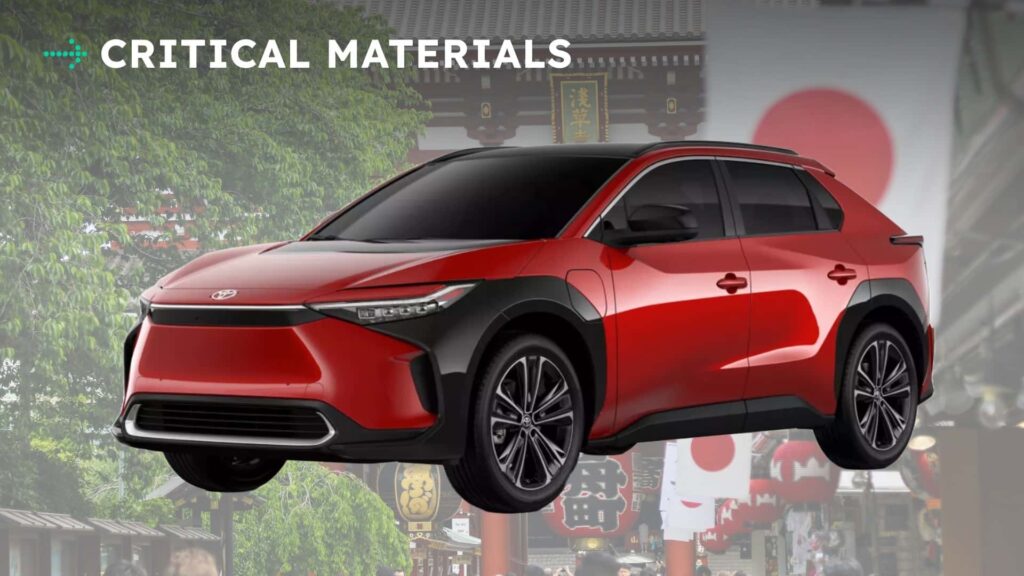The automotive industry heavily relies on its supplier base to maintain quality, innovation, cost margins, and speed-to-market. Issues with suppliers can derail production, as seen in the Takata airbags recall and Bosch diesel software scandal. On the other hand, supplier innovation can drive growth, especially in emerging technologies like EV batteries and Lidar.
Amidst the tariff chaos, major Japanese suppliers are increasing their investments in electric vehicles (EVs) and self-driving technologies. This strategic move could potentially push automakers like Toyota to prioritize these technologies.
Toyota, once considered a laggard in the global EV race, is now gearing up to launch 15 EV models by 2027 worldwide. This shift is supported by its key suppliers, including Denso, Aisin, Toyota Industries, and others. These suppliers are ramping up their research and development spending, focusing on EVs, hybrids, and self-driving technologies.
Denso, for example, supplies critical systems to Toyota, such as hybrid units, power control systems, and motor stators. Aisin provides transmissions, drivetrain parts, brakes, and suspension components. The increased investment from these suppliers reflects a shift towards electrification and advanced driver assistance systems.
The openness to Chinese EV makers in various countries has significantly influenced EV adoption rates. Countries that have allowed Chinese EVs have seen substantial growth in EV sales. Chinese automakers have become disruptors in the global EV market, challenging established players like Tesla.
In the U.S., EV sales took a hit in April, with a significant drop in sales compared to gas-powered and hybrid vehicles. The impact of tariffs on imported cars, especially from China, has been a major factor affecting EV sales. Automakers like Ford and Kia experienced a decline in EV sales, prompting a potential refocus on gas-powered models.
The dilemma between protectionist policies like tariffs and the urgency of making EVs more affordable poses a challenge for automakers. As China leads the EV market, the U.S. must decide whether to prioritize tariffs or focus on making EVs more accessible to consumers.
The automotive industry faces a critical juncture, balancing the need for innovation and competitiveness with the challenges posed by tariffs and market dynamics. Finding the right balance between these factors will be crucial for the future of electric vehicles and the automotive sector as a whole.

